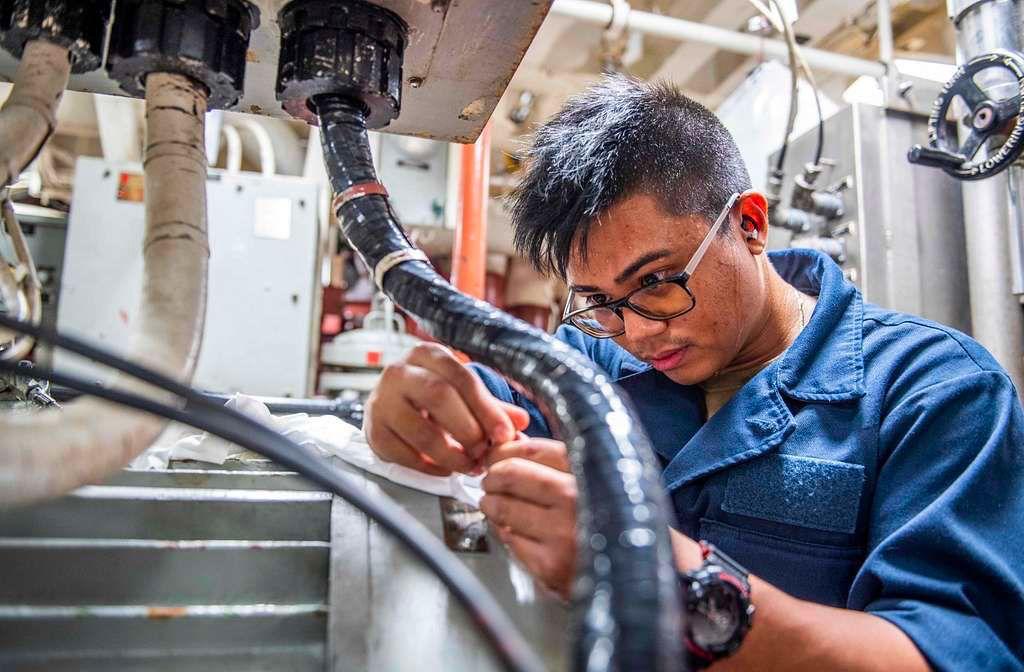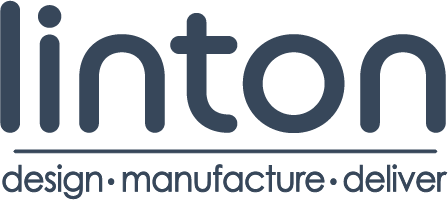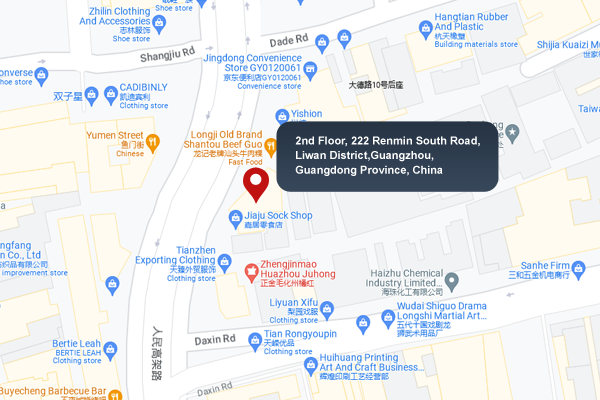A Comprehensive Guide to Tooling Molds: A Primer for Companies Venturing into Overseas Manufacturing

Entering the realm of overseas manufacturing can be a game-changer for companies seeking cost-effective production and access to diverse markets. One crucial aspect of this journey is understanding the various types of tooling molds, particularly injection molds and rapid silicone molds. This blog post aims to provide a comprehensive guide for companies new to overseas manufacturing, shedding light on the intricacies of tooling molds. During Phase 1 of Linton Group’s New Product Launch program, we guide our clients through this process, ensuring the right type of tooling is chosen for each unique project.
1. Understanding Tooling Molds
Tooling molds are critical components in the manufacturing process, shaping raw materials into finished products. These molds are essential for achieving precision, consistency, and efficiency in mass production. Two primary types of tooling molds are widely used: injection molds and rapid silicone molds.
2. Injection Molds
Definition and Function
Injection molding is a widely employed manufacturing process that involves injecting molten material into a mold cavity. This mold, known as an injection mold, is typically made from metal and designed to shape the material as it cools and solidifies.
Materials Used
Injection molds are commonly made from steel or aluminum. The choice of material depends on factors such as production volume, material being molded, and cost considerations.
Advantages
- High precision and repeatability
- Suitable for high-volume production
- Wide range of materials can be used
Considerations for Overseas Manufacturing
- Ensure the overseas manufacturer has the expertise and technology for high-quality injection mold production.
- Discuss material choices, tooling design, and production capabilities with the overseas partner.
3. Rapid Silicone Molds
Definition and Function
Rapid silicone molding, also known as silicone casting or soft tooling, is a versatile method used for prototyping or low-volume production. It involves creating molds from silicone rubber.
Materials Used
Silicone molds are made from a variety of silicones, each offering specific properties such as flexibility, durability, and heat resistance.
Advantages
- Quick turnaround for prototyping
- Cost-effective for low-volume production
- Suited for complex and intricate designs
Considerations for Overseas Manufacturing
- Communicate clearly about the required flexibility and durability of the silicone mold.
- Confirm the overseas manufacturer’s experience with rapid silicone molding and their ability to handle intricate designs.
4. Choosing the Right Tooling Mold
Project Requirements
- Consider the scale of production.
- Assess the complexity of the design.
- Evaluate the material properties required for the final product.
Budgetary Considerations
- Injection molds often have a higher initial cost but can be more economical for large production runs.
- Rapid silicone molds are cost-effective for prototyping and low-volume production.
Quality Standards
- Verify that the overseas manufacturer adheres to international quality standards for tooling mold production.
Conclusion
Navigating the world of tooling molds in overseas manufacturing requires a nuanced understanding of the specific needs of your project. Whether opting for injection molds for high-volume production or rapid silicone molds for prototyping, thorough communication with the overseas manufacturer is key. By leveraging Linton Group’s decades of manufacturing experience to help make informed decisions and to collaborate effectively with factories, companies can reap the benefits of skilled overseas manufacturing and bring their products to market with precision and efficiency.
Linton Group
Linton Group has over 100 years of combined supply chain experience that has allowed us to effectively navigate Chinese New Year time and time again. With most of our team located across China – our staff knows the ins-and-outs of what it takes to meet deadlines, uphold quality, and maintain project integrity over the holiday period. One of the reasons that we have been able to achieve this is by facilitating healthy transparent relationships between our clients and vetted suppliers.


